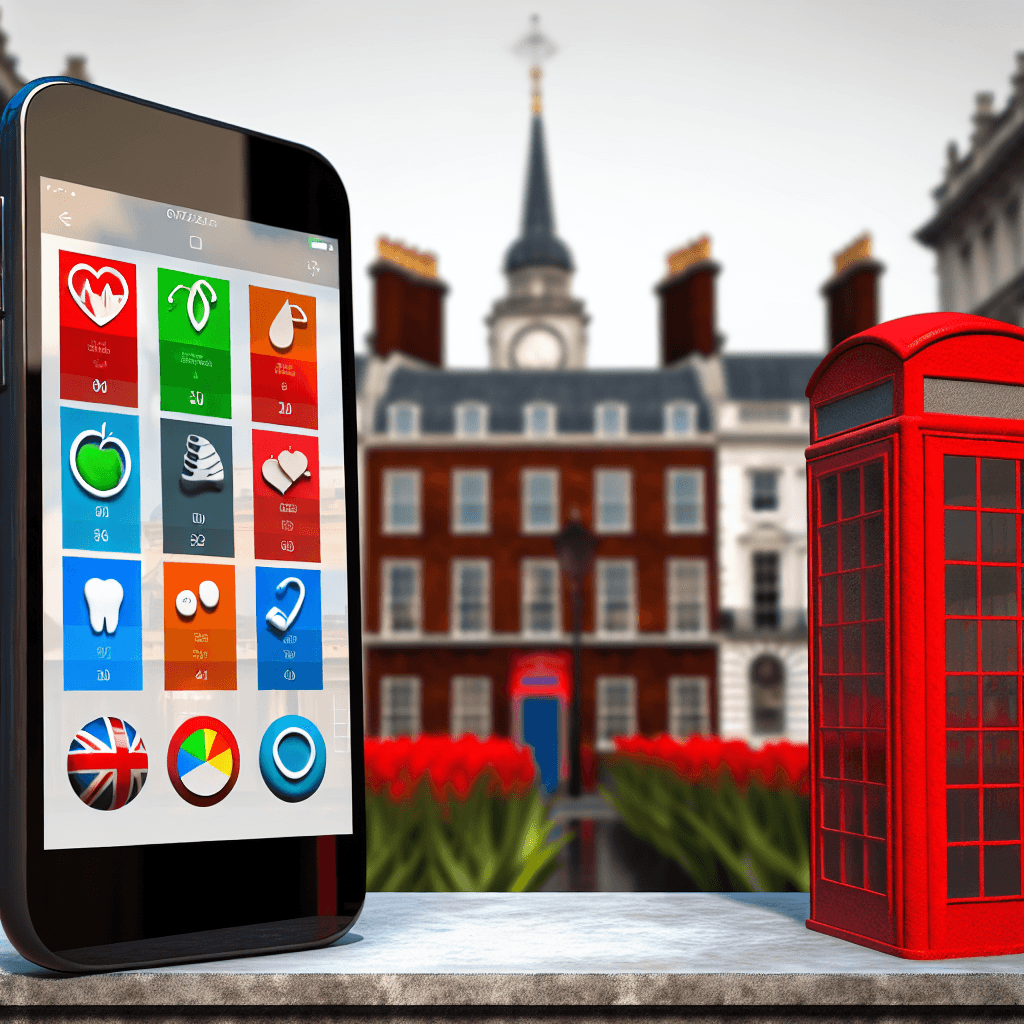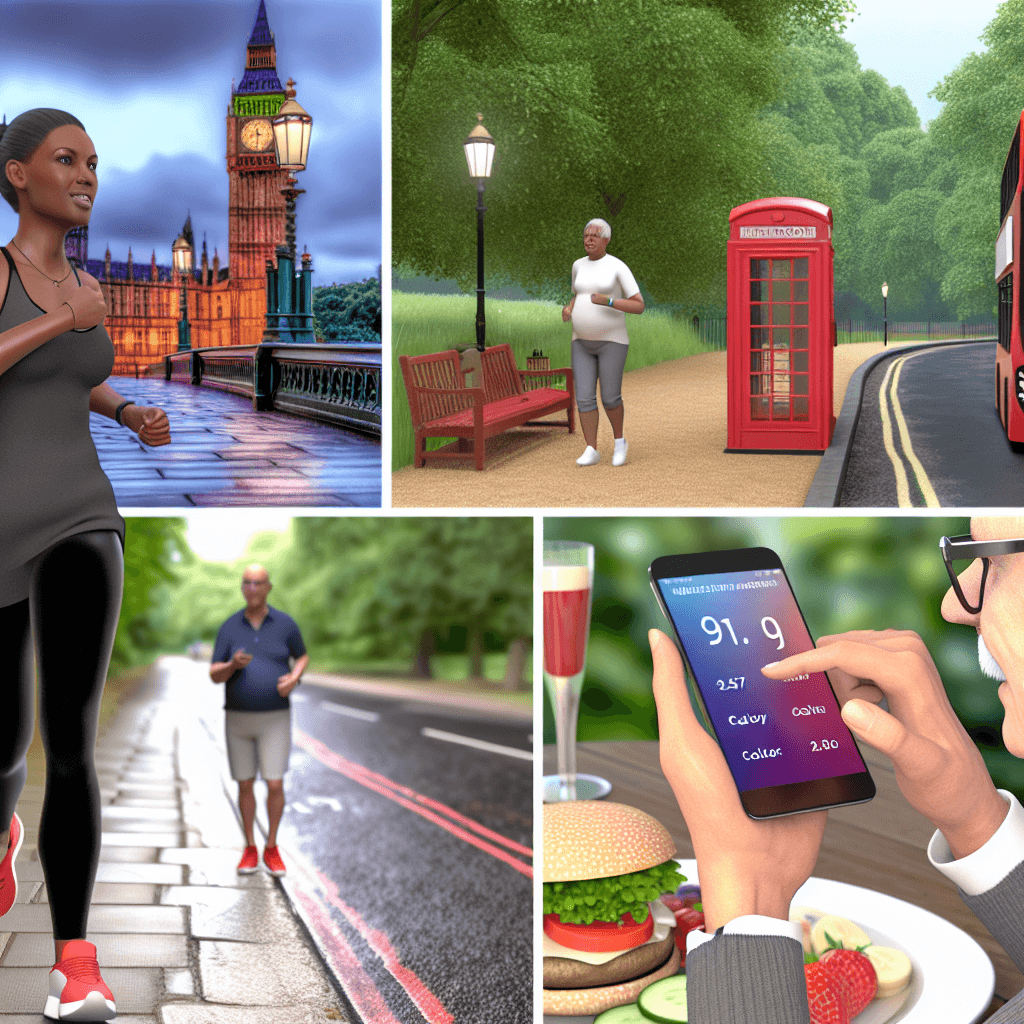Explore the impact and benefits of mobile health apps in the UK, enhancing healthcare accessibility and patient engagement.
Mobile Health Apps in the UK

Table of Contents
Mobile Health Apps in the UK: Revolutionizing Healthcare Delivery

The landscape of healthcare in the United Kingdom is undergoing a significant transformation, largely driven by the advent and integration of mobile health (mHealth) applications. These apps are not only reshaping how healthcare services are delivered but are also enhancing patient engagement and outcomes. This article delves into the current state of mobile health apps in the UK, exploring their benefits, challenges, and the future prospects of this burgeoning sector.
The Rise of Mobile Health Apps
Mobile health apps, which encompass a wide range of software applications designed to provide health-related services via smartphones, tablets, and other mobile devices, have seen a dramatic increase in usage over the past decade. In the UK, the digital health market is thriving due to the high penetration of smartphones, the push for healthcare cost reduction, and the increasing burden of chronic diseases.
Categories of Mobile Health Apps
Mobile health apps in the UK can be broadly categorized into the following types:
- Wellness Management Apps: These apps help users monitor their fitness and wellness activities, such as calorie intake, physical activity, and meditation.
- Disease Management Apps: Designed for patients with chronic conditions, these apps track health parameters specific to diseases like diabetes or hypertension.
- Diagnostic Apps: These apps assist in diagnosing diseases by analyzing user-inputted symptoms or through direct sensor data.
- Remote Monitoring Apps: Important for elderly care and chronic disease management, these apps allow healthcare providers to monitor patients remotely.
- Medical Reference Apps: Used primarily by healthcare professionals, these apps provide access to the latest medical research, drug information, and clinical guidelines.
Impact on Healthcare Delivery
The integration of mobile health apps is profoundly impacting the UK’s healthcare system in several ways:
- Enhanced Patient Engagement: By involving patients directly in their care processes, these apps enhance engagement and encourage compliance with health regimens.
- Improved Access to Care: Mobile apps provide widespread access to healthcare resources, particularly benefiting rural or underserved populations.
- Cost Reduction: By reducing the necessity for in-person visits and enabling remote monitoring, mHealth apps help in cutting down healthcare costs.
- Data Collection and Analysis: These apps provide a continuous stream of health data, which can be analyzed to improve patient outcomes and inform public health decisions.
Challenges and Regulatory Considerations
Despite their benefits, mobile health apps face several challenges in the UK:
- Data Privacy and Security: Protecting sensitive health information processed by these apps is paramount, necessitating robust cybersecurity measures.
- Regulatory Compliance: Mobile health apps must comply with the UK’s stringent healthcare regulations, including the Data Protection Act 2018 and the NHS guidelines for clinical governance.
- Interoperability: Ensuring these apps can seamlessly integrate with other healthcare systems (e.g., electronic health records) is crucial for their effectiveness.
- Equity of Access: There is a risk that the digital divide might prevent certain groups from benefiting from these technological advances.
Notable Examples and Case Studies
Several mobile health apps have made significant inroads into the UK healthcare market, demonstrating the potential and effectiveness of this technology:
- Babylon Health: This app provides virtual consultations with doctors and healthcare professionals via text and video messaging. It has been particularly useful in offering quick, reliable medical advice without the need for a physical visit.
- myCOPD: Designed for Chronic Obstructive Pulmonary Disease management, this app helps patients manage their condition through inhaler technique videos, self-management advice, and symptom tracking.
- Diabetes UK Tracker: This app allows individuals to manage their diabetes more effectively by tracking their blood glucose levels, carbohydrate intake, and medication.
The Future of Mobile Health Apps in the UK
The future of mobile health apps in the UK looks promising but requires continued innovation and regulatory adaptation. Emerging technologies such as artificial intelligence (AI) and machine learning are set to play a significant role in the evolution of mHealth apps. These technologies can provide more personalized care and predictive analytics to prevent illnesses before they occur.
Conclusion
Mobile health apps are transforming the UK’s healthcare landscape by improving access to care, enhancing patient engagement, and reducing costs. While challenges like data security and regulatory compliance persist, the potential benefits of these apps make them an indispensable part of modern healthcare. As technology advances, it is imperative for healthcare providers, app developers, and policymakers to collaborate to ensure these tools reach their full potential and deliver safe, effective, and equitable healthcare solutions.
In conclusion, as the UK continues to embrace digital health, mobile health apps are expected to become increasingly integral to healthcare delivery, promising a future where healthcare is more accessible, personalized, and efficient.








